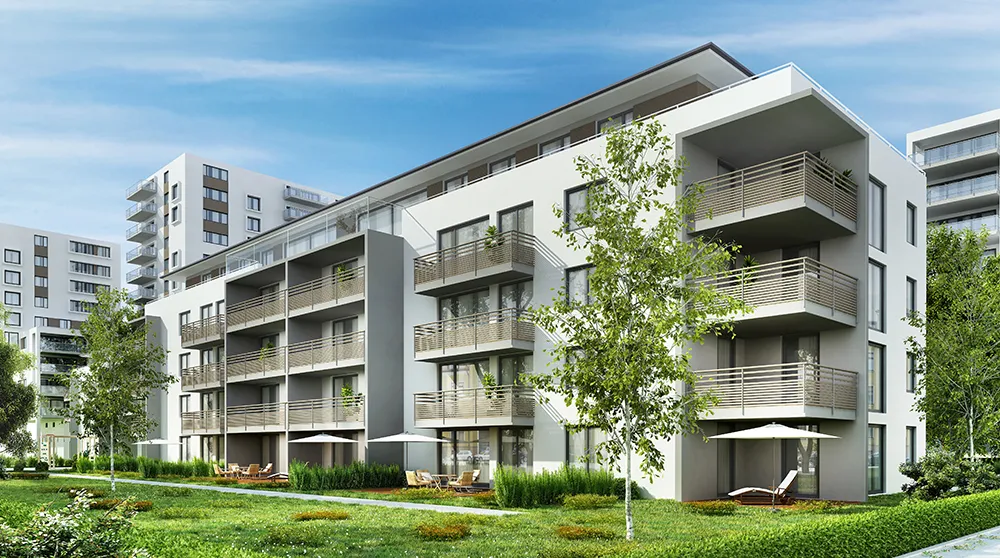Waste Management Rules for Apartments in Kerala: Are You Compliant?

Apartment living brings shared amenities and convenience, but it also produces large volumes of waste every day. Food scraps, sewage, packaging materials, and plastics accumulate quickly when multiplied across dozens of households. Kerala has introduced stricter rules to ensure apartments manage this waste responsibly, and non-compliance can lead to heavy penalties.
Key Legal Requirements
- Sewage Treatment Plants (STPs): Complexes built on plots larger than 2,000 square metres are required to have functioning STPs. Older buildings without provision for treatment systems are still expected to comply.
- Segregation at Source: Residents must separate waste into wet, dry, and hazardous categories. Mixed disposal is considered a violation.
- User Fees: Local bodies can levy collection and processing charges. Non-payment may attract penalties or be treated as arrears.
- Ban on Dumping and Burning: Disposing of untreated sewage in drains or burning mixed waste in open areas is prohibited.
- Penalties: Offenders may face fines up to ₹50,000 and, in some cases, imprisonment up to one year.
Common Compliance Gaps
- Apartment complexes that should have STPs but continue to rely on soak pits or direct drainage connections.
- Lack of proper segregation systems, with organic and recyclable waste still collected together.
- Poor coordination among residents on sharing costs for waste management and treatment systems.
- Limited awareness of recent ordinances that give local bodies greater powers to enforce rules and impose fines.
Practical Steps Toward Compliance
- Assess whether an STP is required under current building size regulations. If installation is not feasible due to space constraints, seek approval for alternatives such as licensed transport of sewage to approved facilities.
- Ensure segregation bins for wet, dry, and hazardous waste are available in every flat and supported by reliable collection systems.
- Establish contracts with authorised recyclers for plastics, e-waste, and other dry materials.
- Implement small-scale composting or microbial treatment units for food waste, especially in larger complexes with community spaces.
- Maintain timely payment of user fees to local authorities and keep records for accountability.
- Create awareness within the complex through notices, digital groups, and resident meetings to encourage cooperation.
Risks of Non-Compliance
- Notices from local bodies or pollution control boards demanding immediate corrective measures.
- The threat of power disconnection in complexes that fail to set up STPs.
- Repeated violations leading to escalating fines or legal proceedings.
- Decline in property values and reputation when waste issues cause health hazards, foul smells, and complaints from neighbouring communities.
The Way Forward
Some apartment communities in Kerala that adopted composting or decentralised waste treatment have reported cleaner surroundings, fewer pest issues, and reduced expenses for waste hauling. Compliance is not only a legal requirement but also improves the quality of life and property value.
Apartments that act early on segregation, treatment, and safe disposal are better positioned to avoid penalties and operate sustainably under Kerala’s stricter waste management regime.
